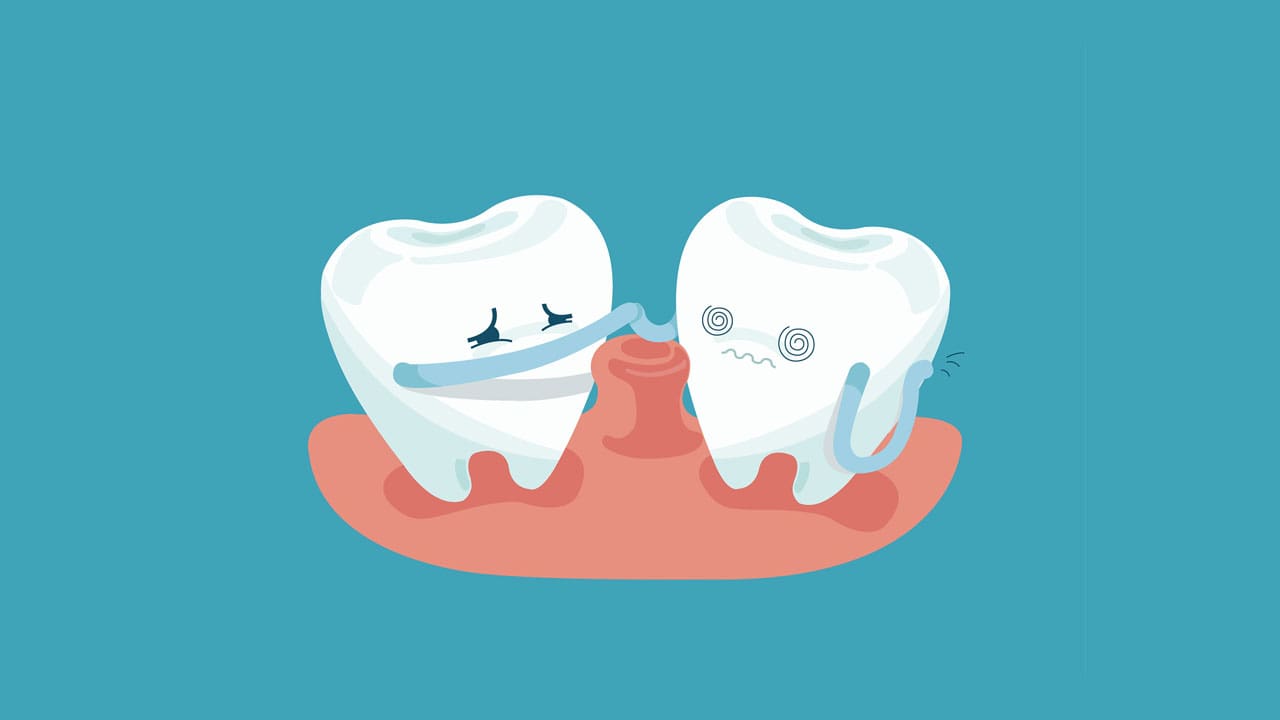
You’ve likely heard the term “gingivitis” before, but do you know what the condition is all about? Gingivitis, and its big brother periodontitis (also known as gum disease), affect around half of all adults in the United States, and yet there seems to be little discussion about these problems. Gingivitis is an infection of the gums that can cause a lot of undesired issues, including inflammation, bleeding, and—if left untreated—gum disease. Although it can be hard to recognize, early detection is paramount to successful treatment of this common oral health issue. Thankfully, when caught early, it’s easy to correct and restore your health. Today, we’re outlining the best ways to detect and treat gingivitis so you stand a fighting chance against this affliction.
How Will I Know if I Have Gingivitis?
Oftentimes, gingivitis does not present noticeable symptoms and can only be detected by your dentist. Some warning signs you may notice, however, include swollen, red, and tender gums, as well as bleeding while brushing or flossing. Your dentist will conclusively diagnose you with gingivitis during your dental exam. A small ruler will be used to measure the space between your gums and your teeth to see if the distance exceeds 3 millimeters. Depending on the stage of your gingivitis or periodontitis, your dentist may refer you to a gum disease specialist known as a periodontist.
How Will You Treat It?
The most common way to treat gingivitis is a thorough professional teeth cleaning at the dentist’s office. During this cleaning, we will remove any plaque and tartar from along the gum line to give room for the infection to clear. It is crucial that you maintain a good oral hygiene on your own before and after this appointment so your gums can remain in good health. Combating bacteria in the mouth is a surefire way to prevent problems from worsening or coming back. It is also crucially important to quit smoking and control diabetes if you have it.
How Can I Avoid Gingivitis in the First Place?
A healthy lifestyle and good oral hygiene regimen are vital in preventing gingivitis. Remember to brush your teeth at least twice a day with a fluoride toothpaste, floss regularly, and visit your dentist every six months. Eating a balanced diet, avoiding high sugar foods, and abstaining from tobacco products are other great ways to keep your mouth healthy.
While gingivitis impacts half of all American adults, you need not be part of that statistic. So long as you stay diligent with your oral healthcare routine, you can avoid this issue entirely. The good news is that, if your dentist is able to treat this condition in its early stages, your treatment options are relatively easy and pain-free!
If you have questions about gingivitis or if it’s time to schedule your routine dental checkup, give Fairview Dental Group in Westmont a call today!